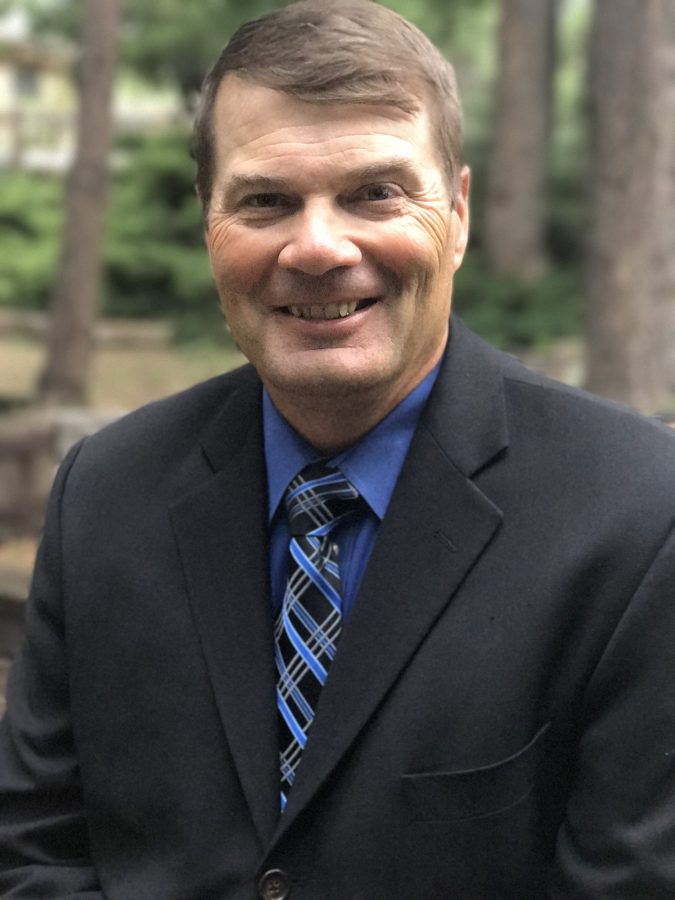Recently, the University of Arizona has hired a new dean for the College of Applied Science and Technology. Gary Packard, Jr., Ph.D., previously held numerous positions, including being a part of the Air Force Academy Foundation and vice dean at the academy for Curriculum and Strategy.
The Daily Wildcat: What partnerships have you developed to support academic research?
Gary Packard: As a department head at the Air Force Academy Foundation, I started a research center as part of my department. It was focused on really helping our students pursue undergraduate research with a variety of organizations and faculty. This included partnership with the Air Force Research Laboratory, United States Military Academy at West Point and studies with the University of Maryland. And as the vice dean at the Academy for Curriculum and Strategy, I was responsible for overseeing over a $30 million undergraduate research program at the academy. I have done a lot at the undergraduate level and that fits well with what I want to accomplish here at CAST, as a predominantly undergraduate school, to pursue those types of applied undergraduate studies.
DW: What goals do you have for the future of science for the University of Arizona?
GP: One of the things that really captured my attention was the president’s strategic vision related to fourth industrial revolution technologies. This can range from quantum computing, cybersecurity and data science. These are really allowing for a pace of change in the world that had never been seen in history.
When you think of an applied sciences degree, where do we need our students focusing? Not only on the content of science they need to know, but how they need to think about science in the future. And that is what we need to think about. How do we help students get a leg up in the high demand applied sciences and applied technology kind of degrees? We want to help students not only find a job, but also make a difference. You can get a degree, but you make a difference based on how you learn.
DW: What do recommend for those pursuing a STEM-related degree to help prepare for those challenging tasks and work in the future? What three to four key things would you recommend to help accelerate their progress?
GP: If I were to use one word to describe the year 2020, it would be uncertainty. This world today is filled with uncertainty. One thing I would recommend to be prepared for that is that you have to accept the fact that we live in a rapidly changing world. What people want to pursue as a career may not exist in a few years from now or it might be radically different five years from now.
Another aspect is that due to adapting to the constant changes of science, people must be willing to be life-long learners. I think one of the best things that we have a responsibility to help students in is lighting that fire for that passion of learning. You can’t stop learning or you will fall behind. And I would like to add that, more than ever, a sense of community is vital for success. With the horrific racial biases that have been occurring, that is something that we in higher education really need to keep our eyes open on. I think that is one of the things I hope to bring to the college down here, this idea of community.
DW: Based on your prior experience, what is the most powerful lesson you have learned about science?
GP: It is the importance of distinguishing between pseudoscience and real science. There are a lot of individuals who pass off pseudoscience as real fact. The most important thing I have learned is that decision-makers have to be critical thinkers. They can’t just accept the pseudoscience explanations that don’t have the weight of science behind them. And all too often we see important decisions being made on the wrong factors.
Follow Briana Aguilar on Twitter








